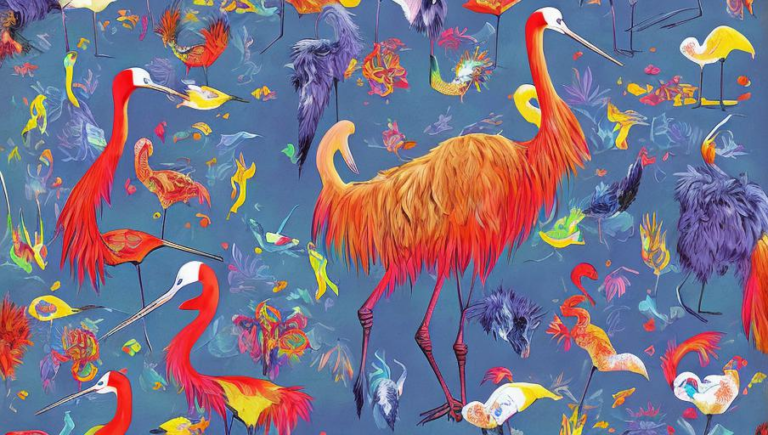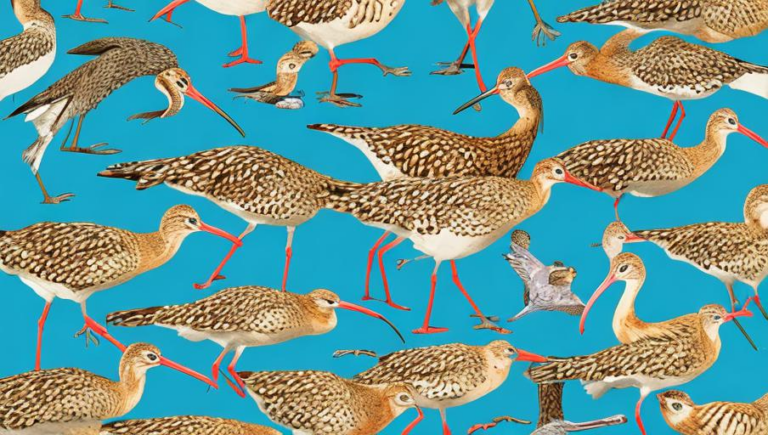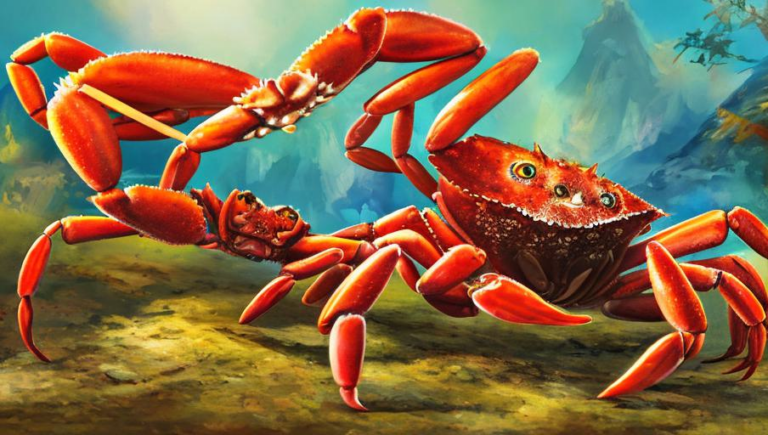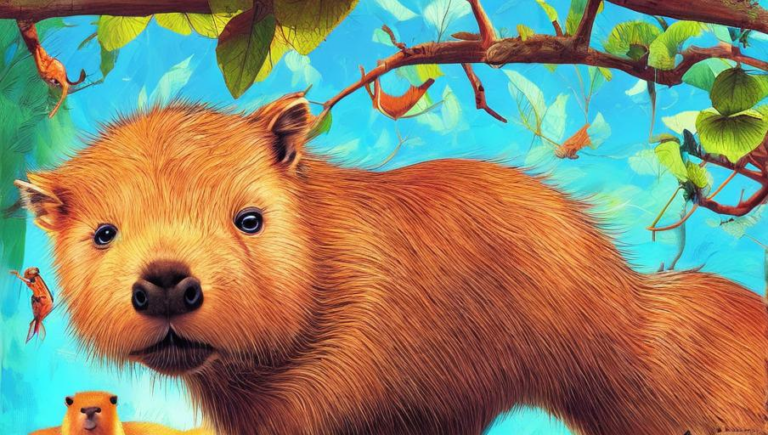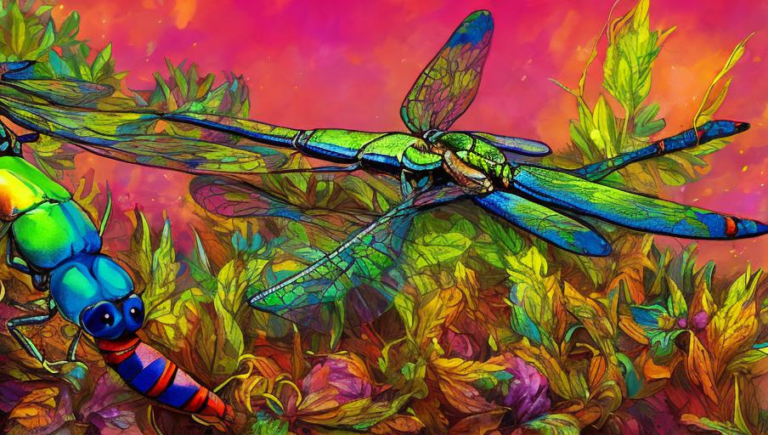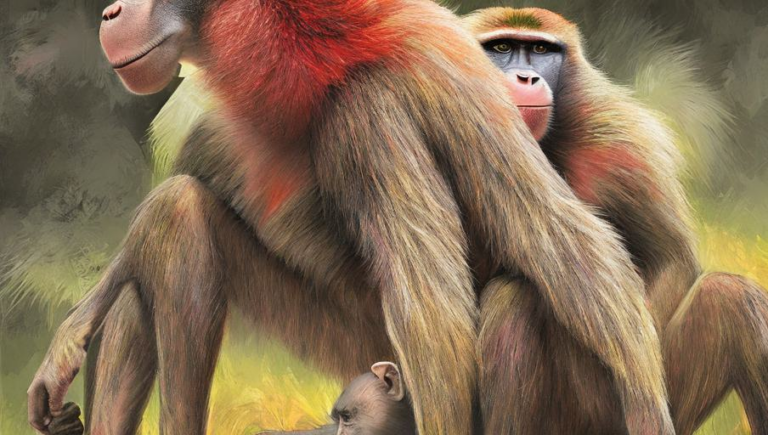Diet and Nutrition of a Chinchilla
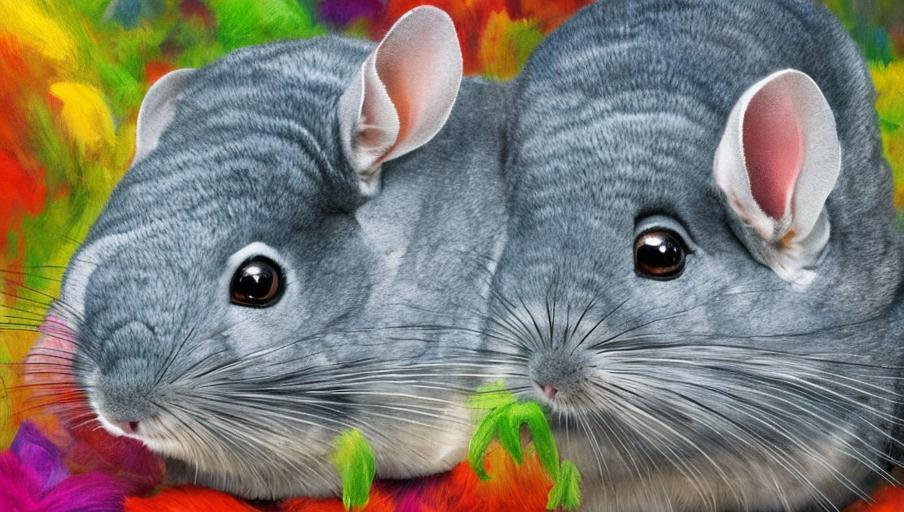
Introduction
The chinchilla is a small rodent native to the Andes Mountains in South America. They are best known for their luxuriously soft fur, which is highly sought after for use in clothing and other products. Chinchillas are active during the day and are agile climbers, able to jump up to six feet in the air. They may live up to 20 years in captivity, but often live much shorter lives in the wild. As an exotic pet, it is important to understand the specific diet and nutrition needs of a chinchilla.
Diet
In the wild, chinchillas primarily feed on plants, such as grasses, herbs, twigs, and bark, as well as some insects. They obtain most of their water from the plants they eat. A chinchilla’s diet in captivity should mimic its natural diet as much as possible. This means providing a variety of hay, such as timothy hay, alfalfa hay, and orchard grass hay. Pelleted foods specifically designed for chinchillas are also available and should be included in the diet. A small amount of fresh vegetables, such as carrots and bell peppers, can also be offered. Treats should be given sparingly and should never contain sugar or artificial sweeteners.
Nutrition
A chinchilla’s diet should be high in fiber and low in sugar, fat, and protein. Hay should make up the majority of their diet and should be readily available at all times. Pelleted foods should provide the necessary vitamins and minerals and should be supplemented with fresh vegetables. A lack of dietary fiber can lead to intestinal issues, such as diarrhea, which is why it is important to provide plenty of hay and fresh vegetables.
Foods to Avoid
Chinchillas are sensitive to too much sugar and fat in their diet, so it is important to avoid giving them sugary treats or foods high in fat. Foods with a lot of sugar, such as fruits and other sweet treats, should never be given, as they can cause health problems. Additionally, foods high in fat, such as nuts and seeds, should be avoided, as they can cause obesity. A chinchilla’s diet should consist mostly of hay, pelleted foods, and fresh vegetables.
Conclusion
Chinchillas are small rodents that need a specific diet and nutrition to stay healthy. Their diet should consist mostly of hay, pelleted foods, and fresh vegetables. It is important to avoid sugary treats and foods high in fat, as they can cause health problems. Providing a balanced diet full of fiber and vitamins is essential for the health and wellbeing of a chinchilla.
